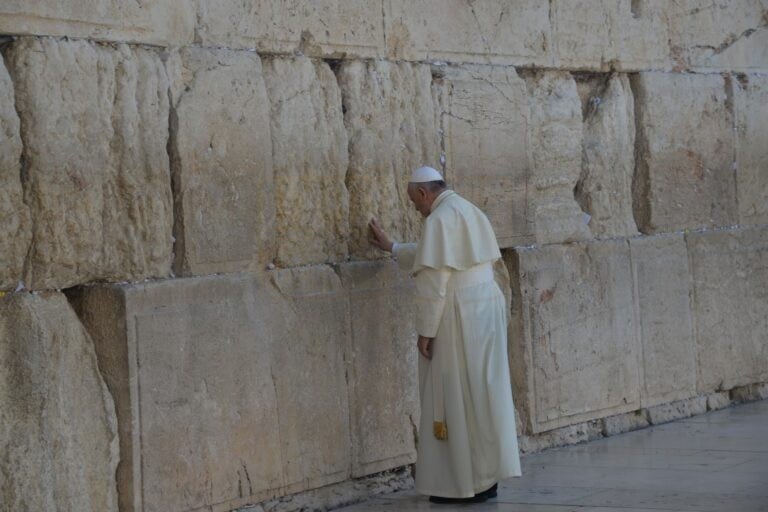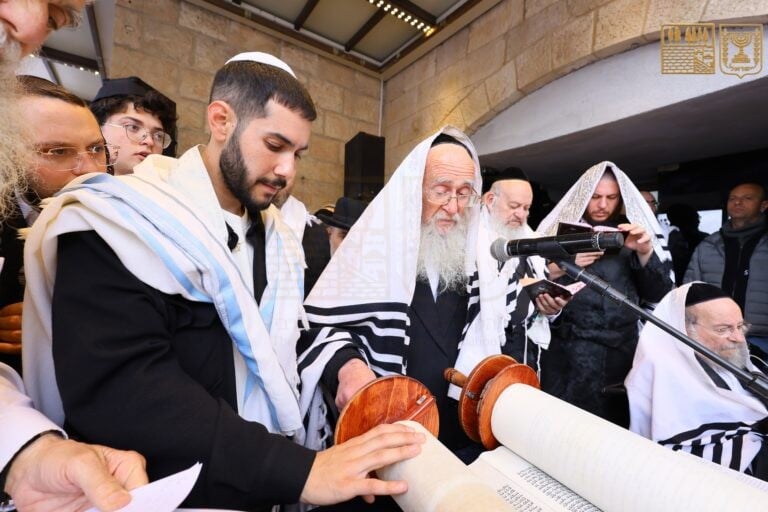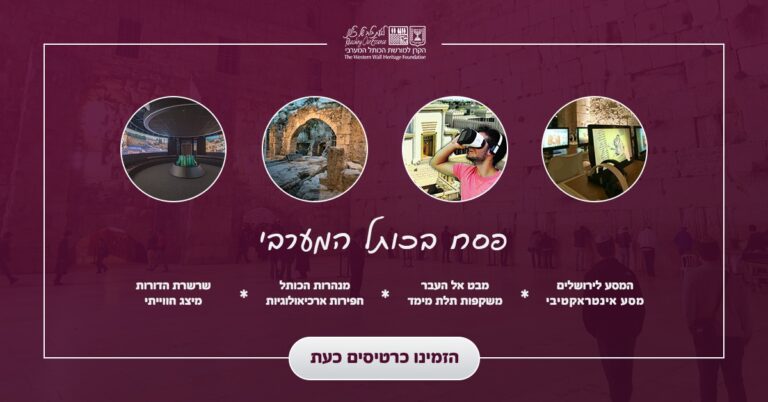|
Getting your Trinity Audio player ready...
|
Today, the 29th of Tammuz, marks the anniversary of the passing of one of the most important biblical and Talmudic commentators, Rabbi SHlomo Yitchaki, known as Rashi.
Rashi’s commentary is the simplest and most elucidated, widely known and familiar to every scholar, both in Torah and Talmud. There is hardly a Bible or Talmud without Rashi’s commentary.
Professor Avraham Grossman, in his book “Beliefs and Ideas in the World of Rashi,” describes the worldview of Rashi, whose purpose was to spread Torah to the masses and facilitate learning for merchants who were occupied with trade all day and had no commentaries. He wanted to unify the Jewish people and establish peace among them.
It is no coincidence that Rashi earned the moniker “The Rabbi of the Jewish nation.” His commentaries on the Torah and Talmud became common heritage even during his lifetime. Until this day, Jewish communities have a custom of putting on tefillin according to Rashi’s method, as his method regarding the placement of the parchments inside the tefillin has been accepted as halachic practice.
Besides his commentary, Rashi also extended his hand to the composition of piyyutim (liturgical poems) and selichot (penitential prayers). He wrote one of the most beautiful yearning poems for Jerusalem, which today some recite under the wedding canopy:
“Tachanah b’ir Hana David.
Tizkof komat temarah.
Todiah lakol ahavateinu.
Te’halech b’kerev machanoteinu.
Tidrosh ge’ulah l’galuteinu.
Tigaleh ketz l’kinyoteinu.
Tavo meherah l’rachameinu.”
Translation:
“Park your chariot, O city of David.
Rise like a palm tree.
Proclaim our love to everyone.
Walk amidst our encampments.
Seek redemption for our exile.
Reveal an end to our afflictions.
Come swiftly to show us mercy.”









